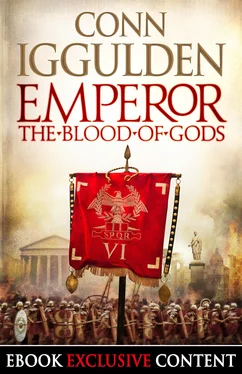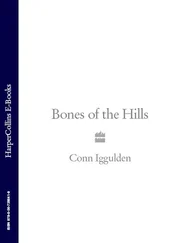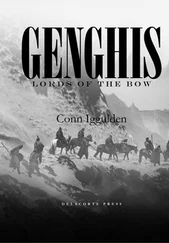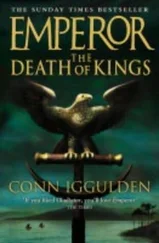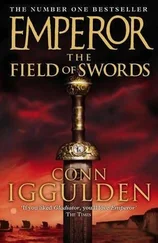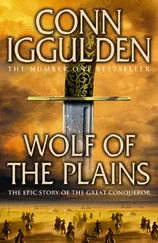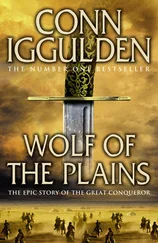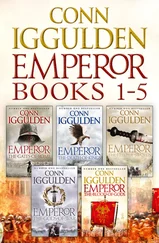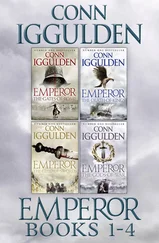
While some of the events and characters are based on historical incidents and figures, this novel is entirely a work of fiction.
HarperCollins Publishers
1 London Bridge Street,
London, SE1 9GF
www.harpercollins.co.uk
Published by HarperCollins Publishers 2013
Copyright © Conn Iggulden 2013
Map © John Gilkes 2013
Conn Iggulden asserts the moral right to be identified as the author of this work
A catalogue record for this book is available from the British Library
All rights reserved under International and Pan-American Copyright Conventions. By payment of the required fees, you have been granted the non-exclusive, non-transferable right to access and read the text of this e-book on-screen. No part of this text may be reproduced, transmitted, down-loaded, decompiled, reverse engineered, or stored in or introduced into any information storage and retrieval system, in any form or by any means, whether electronic or mechanical, now known or hereinafter invented, without the express written permission of HarperCollins.
Source ISBN: 9780007271191
Ebook Edition © July 2013 ISBN: 9780007285440
Version: 2017-05-12
To George Romanis
‘I am the most peaceable of men. All I ask is a humble cottage with a thatched roof, a good bed, good food, fresh milk and butter, flowers before my window and a few fine trees at my door; and if the dear Lord wants to make my happiness complete, he will grant me the joy of seeing some six or seven of my enemies hanging from those trees. Before their death I shall forgive them all the wrongs they did me in their lifetime. One must forgive one’s enemies – but not before they have been hanged.’
Heinrich Heine
Table of Contents
Title Page EMPEROR THE BLOOD OF GODS
Copyright Copyright While some of the events and characters are based on historical incidents and figures, this novel is entirely a work of fiction. HarperCollins Publishers 1 London Bridge Street, London, SE1 9GF www.harpercollins.co.uk Published by HarperCollins Publishers 2013 Copyright © Conn Iggulden 2013 Map © John Gilkes 2013 Conn Iggulden asserts the moral right to be identified as the author of this work A catalogue record for this book is available from the British Library All rights reserved under International and Pan-American Copyright Conventions. By payment of the required fees, you have been granted the non-exclusive, non-transferable right to access and read the text of this e-book on-screen. No part of this text may be reproduced, transmitted, down-loaded, decompiled, reverse engineered, or stored in or introduced into any information storage and retrieval system, in any form or by any means, whether electronic or mechanical, now known or hereinafter invented, without the express written permission of HarperCollins. Source ISBN: 9780007271191 Ebook Edition © July 2013 ISBN: 9780007285440 Version: 2017-05-12
Dedication To George Romanis
Epigraph ‘I am the most peaceable of men. All I ask is a humble cottage with a thatched roof, a good bed, good food, fresh milk and butter, flowers before my window and a few fine trees at my door; and if the dear Lord wants to make my happiness complete, he will grant me the joy of seeing some six or seven of my enemies hanging from those trees. Before their death I shall forgive them all the wrongs they did me in their lifetime. One must forgive one’s enemies – but not before they have been hanged.’ Heinrich Heine
Maps
Prologue
Part One
Chapter One
Chapter Two
Chapter Three
Chapter Four
Chapter Five
Chapter Six
Chapter Seven
Chapter Eight
Chapter Nine
Part Two
Chapter Ten
Chapter Eleven
Chapter Twelve
Chapter Thirteen
Chapter Fourteen
Chapter Fifteen
Chapter Sixteen
Chapter Seventeen
Chapter Eighteen
Part Three
Chapter Nineteen
Chapter Twenty
Chapter Twenty-One
Chapter Twenty-Two
Chapter Twenty-Three
Chapter Twenty-Four
Chapter Twenty-Five
Chapter Twenty-Six
Chapter Twenty-Seven
Chapter Twenty-Eight
Chapter Twenty-Nine
Chapter Thirty
Chapter Thirty-One
Epilogue
Historical Note
Acknowledgements
Short story by Conn Iggulden
About the Author
Also by Conn Iggulden
About the Publisher
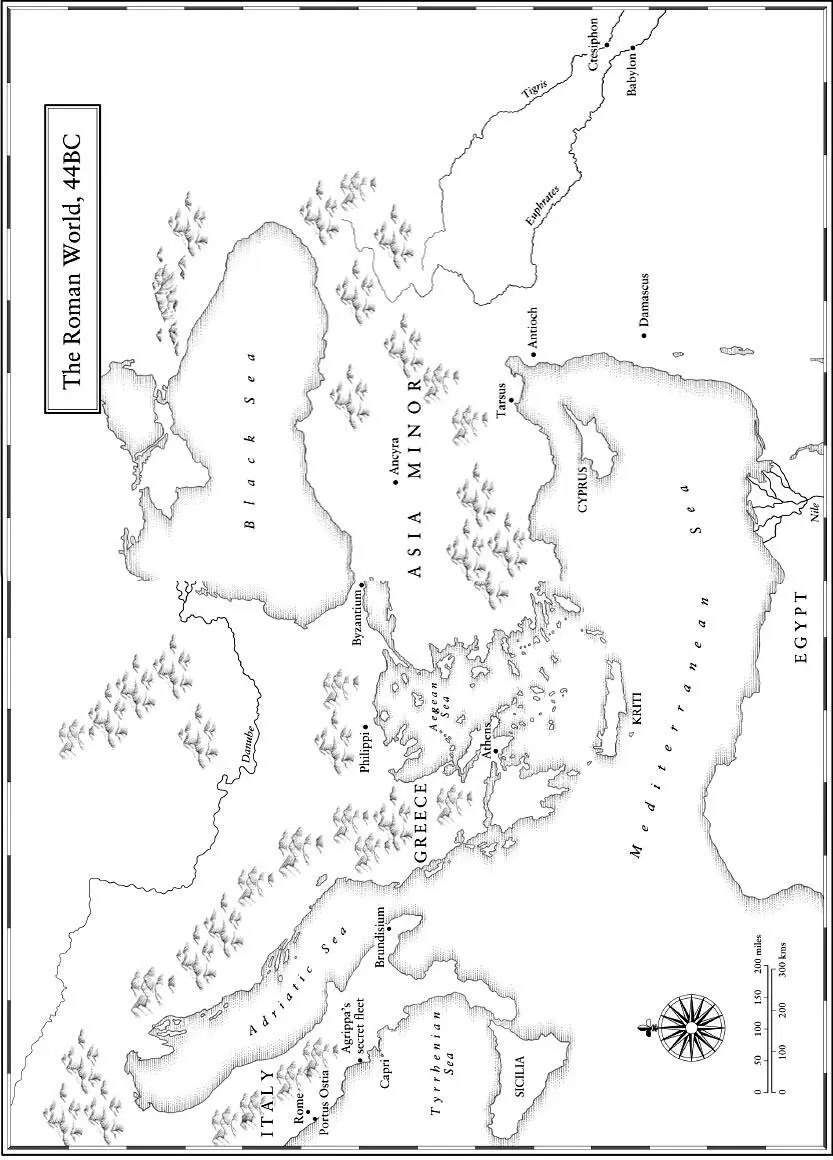

Not all of them were marked with blood. His body lay on cold marble, the stone proof against red lines dripping down the benches. Those who walked away looked back at least once, hardly able to believe that the tyrant would not rise. Caesar had fought, but they had been too many, too determined.
They could not see his face. In his last moments, the leader of Rome had yanked at the loose folds of his toga, pulling the cloth over his head as they gripped and stabbed at him. Its whiteness was marked with mouths. His bowels had opened as he slumped and fell to one side. The smell of it rose into the air in the theatre. There was no dignity for the broken thing they had made.
More than twenty men were spattered with the violence, some of them still panting in great heaving breaths. Around them were twice as many again, those who had not wielded blades but had stood and watched and not moved to save Caesar. Those who had taken part were still stunned at the violence and the feel of warm blood on their skins. Many had served terms with the army. They had seen death before, but in foreign lands and exotic cities. Not in Rome, not here.
Marcus Brutus touched his blade to both palms, leaving a red smear. Decimus Junius saw him do it and, after a moment of awe, he marked his own hands with fresh blood. Almost with reverence, the rest copied the action. Brutus had told them they would not walk with guilt. He had told them they had saved a nation from a tyrant. Behind him, they took the first steps towards a thick bar of light leading to the outside.
Brutus breathed deeply as he reached the sun, pausing on the threshold and letting the warmth seep into him. He was dressed as a soldier, the only man there in armour and with a gladius on his hip. In his late fifties, his bare brown legs were still strong, still rooted in the earth. There were tears in his eyes and he felt as if shadows of age and betrayal had been lifted, scars scrubbed away from his skin, so that he was made new.
He heard the men in robes gather at his back. Cassius stepped to his side, touching him lightly on the shoulder in comfort or support. Brutus did not look at him. His eyes were raised to the sun.
‘We can honour him now,’ he said, almost to himself. ‘We can heap glory on his memory until he is crushed beneath it all.’
Cassius heard and sighed, the sound like a burr to Brutus’ mood.
‘The Senate will be waiting for the news, my friend,’ Cassius murmured. ‘Let us leave the old world behind in this place.’
Brutus looked at him and the wiry senator almost recoiled from what he saw in those eyes. The moment held and none of those behind made a sound. Though they had killed, it was only then that they began to fear the city all around them. They had been swept up like leaves in a gale, casting aside reason to follow stronger men. The reality was drifting through the air, Rome remade in motes of golden dust. Without another word, Brutus walked out into the sun and they followed him.
Читать дальше
